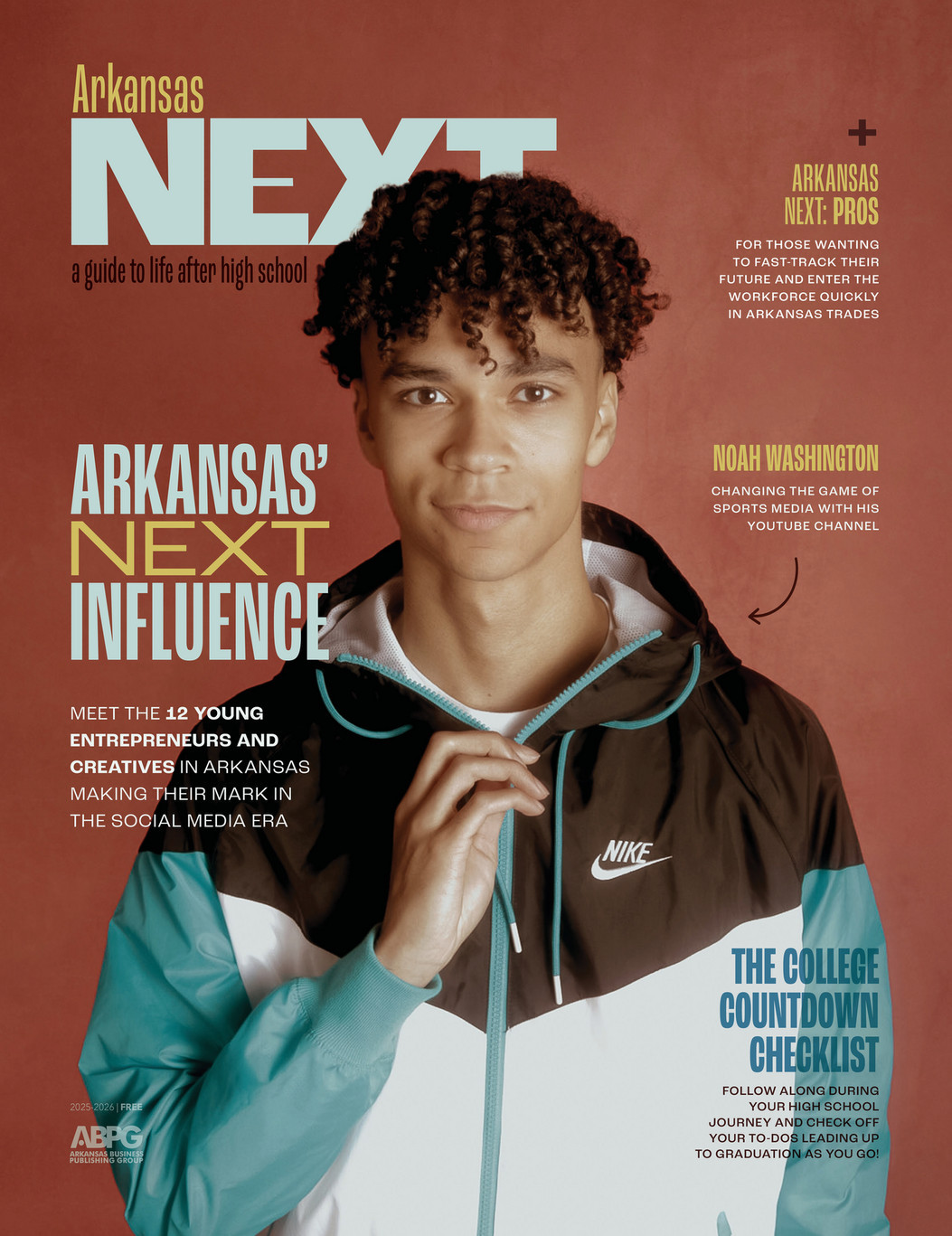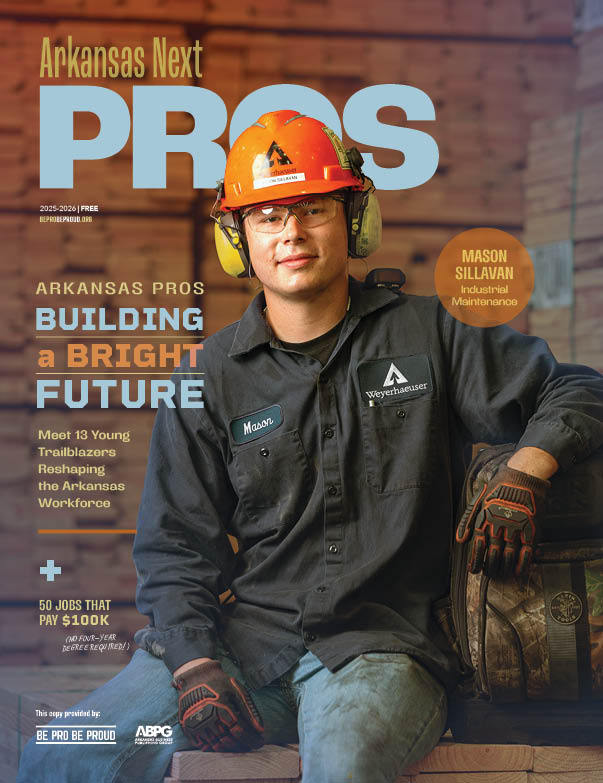Why Facebook Can Help (Or Hurt) Your Future
By Samuel G. Smith on Monday, September 19, 2011
You’ve probably heard it before: Watch what you post online. It’s good advice, as those pictures from your wild and crazy graduation party probably won’t make you look like the mature professional that employers, colleges and scholarship boards expect you to be. Follow these rules to ensure Facebook is your ally–not your enemy–as you apply for scholarships, internships and, later, jobs.
Do be aware.
If you think nobody checks you out online, think again. A study conducted by Microsoft in 2010 found that not only did 70 percent of surveyed companies say they had rejected potential employees based on content they found online, but 89 percent of companies say it’s perfectly appropriate to do so. In fact, only 2 percent hadn’t used Internet searches to help them make a decision.
And it’s not just employers. A survey conducted in 2009 by the National Association for College Admission Counseling found that one-fourth of surveyed colleges had used social networking or web search to look up prospective students. A 2010 survey by Kaplan Test Prep found that 82 percent of college recruiters are using Facebook to reach students, so there’s no question your stuff is being looked at by people who matter.
Whether the college you’re applying to will check you out online is up to them; some probably aren’t going to care very much about what you post. But if you’re applying to a college with stricter standards, be cautious. Jonathan Wilson, admissions director at Central Baptist College, said his department checks Facebook accounts for foul language, inappropriate pictures or drug and alcohol use. “Whatever you put online is how you want people to know you,” he said.
Don’t over “share.”
So what should you do? First, be aware of your privacy settings, which can make the difference between a profile the world can see and a friend-only affair. Popular social networking sites such as Facebook and Twitter all offer options to restrict who can access your content. In the case of Facebook, privacy is especially configurable, letting you control exactly who sees your stuff, depending on who they are and what kind of content it is.
But even with a locked-down profile, you’re still not completely safe. If your friends can see your content, nothing is stopping them from sharing it with people who were never intended to see it. A better policy is to not share questionable stuff to begin with. Remember: What goes online stays online, so exercise good judgment before you hit “post.”
Do add new friends.
Social networking isn’t in and of itself bad. In fact, it can give you an advantage when making the transition to college, applying for jobs and scholarships and making important professional connections.
John Carroll, an admissions recruiter at Arkansas State University, uses Facebook to stay in contact with prospective students and said their capability to network with people at the university can go a long way in helping them adjust to a new environment. Moving to a new place can be tough, especially when you don’t know anybody. A few Facebook connections can make the transition from high school to college a lot easier.
“[Facebook] can help students find a roommate or get to know some friends before they get on campus,” said Aaron Abbott, director of admissions at Williams Baptist College.
Think about how you can use the Internet to make the best impression possible.
If you volunteer, post photos on Facebook of your work. Win an award at your school? Tweet about it. The better your online presence reflects you, the better impression you’ll make when that potential employer, college admissions department or scholarship board looks you up.
Do be polite.
As you encounter potential professional contacts during your college career, you might be tempted to add a professor to your Facebook friends or reach out to an employer you don’t know personally. Imagine the online world as if it were the real one. Would you go up to that person at a party and hand over your résumé, or start asking them questions about their personal life? They might prefer to keep their Facebook strictly personal, reserving it for close friends and family. While different people use social networking sites in different ways, stay on the safe side and don’t risk coming off as rude or inappropriate. Summer Bartczak, an assistant professor at the University of Central Arkansas, said she makes it a rule to ignore friend requests from her students. “A lot of the old rules apply,” she said – old rules about respecting the boundaries between personal and professional lives.
Do network responsibly.
On the other hand, sometimes a contact on Facebook can be the critical link that gets you that interview. However, don’t use it as your first means of communication. “[Social networking] is an excellent way to contact people you might want to work with,” said Jack Zibluk, a professor at Arkansas State University. “But it should not be the primary interaction.” Exercise common sense, and remember that no matter what the medium is, politeness matters. Boris Epstein, a writer for www.Mashable.com, suggests searching for Facebook groups related to the field you’re interested in where you’ll be able to find people who might be open to professional networking on the site.
Also, consider signing up for LinkedIn, a social networking service specifically for professional networking. It may not be as hip or flashy as Facebook, and you can’t take a quiz to see which “Twilight” character you’re most like, but it can be an invaluable resource to meet and communicate with college or professional contacts.
More Facebook Dos & Don'ts
DO
- Be aware of what’s public.
- Remember that once you’ve posted it; it’s online (and findable) forever.
- Post things that’ll make you look studious and hirable.
- Use good grammar and spelling.
- Follow pages that demonstrate your academic/career interests.
DON’T
- Post things you’ll regret.
- Over share personal information.
- Be unprofessional.
- Forget common sense.
- Ignore networking opportunities.
Meet You New Facebook Friends
Arkansas Next
www.Facebook.com/ArkansasNext
Follow your favorite college prep magazine on Facebook to keep up with scholarship and higher education resources and opportunities.
Arkansas Say Go College
www.Facebook.com/SayGoCollege
Stay informed about all the benefits of going to college, financial aid, how to apply for it and more.















